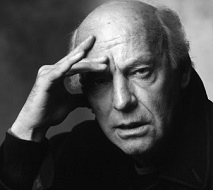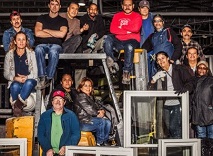
Made in Bangladesh: The Terror of Capitalism
Source: Counterpunch
Delhi.
On Wednesday, April 24, a day after Bangladeshi authorities asked the owners to evacuate their garment factory that employed almost three thousand workers, the building collapsed. The building, Rana Plaza, located in the Dhaka suburb of Savar, produced garments for the commodity chain that stretches from the cotton fields of South Asia through Bangladesh’s machines and workers to the retail houses in the Atlantic world. Famous name brands were stitched here, as are clothes that hang on the satanic shelves of Wal-Mart. Rescue workers were able to save two thousand people as of this writing, with confirmation that over three hundred are dead. The numbers for the latter are fated to rise. It is well worth mentioning that the death toll in the Triangle Shirtwaist Factory fire in New York City of 1911 was one hundred and forty six. The death toll here is already twice that. This “accident” comes five months (November 24, 2012) after the Tazreen garment factory fire that killed at least one hundred and twelve workers.


